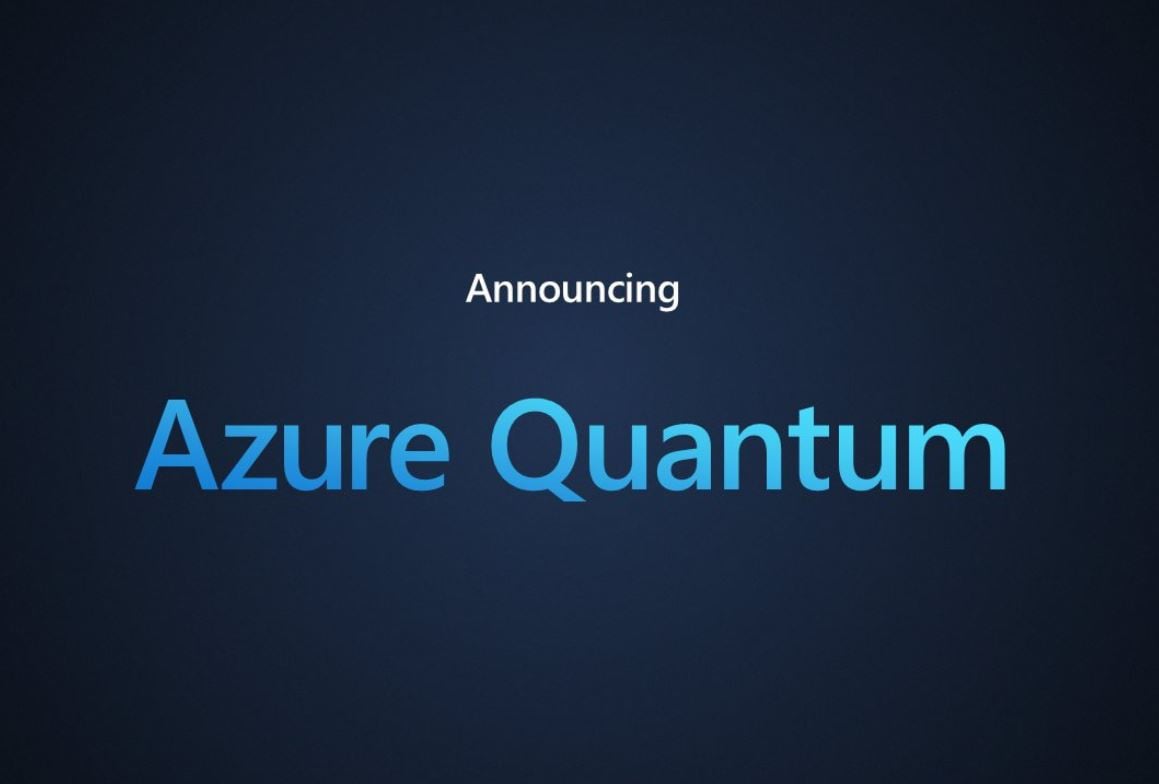In the ever-evolving landscape of computing, Microsoft has embarked on a groundbreaking journey into the realm of quantum computing with the introduction of Azure Quantum Services. This review takes an in-depth look at Microsoft’s foray into quantum computing, exploring the technological foundations, key features, potential applications, and the transformative impact Azure Quantum Services may have on the future of computing.
- Quantum Computing Primer: Understanding the Paradigm Shift
Quantum computing represents a paradigm shift in computing, leveraging the principles of quantum mechanics to perform computations at speeds unimaginable with classical computers. Microsoft’s Azure Quantum Services aim to make quantum computing accessible to a broader audience, paving the way for researchers, developers, and businesses to harness the power of quantum computation.
- Azure Quantum Ecosystem: A Holistic Approach to Quantum Computing
Azure Quantum Services are part of the broader Azure Quantum ecosystem, which includes a suite of tools, services, and partnerships designed to support quantum development. The ecosystem provides a seamless integration of quantum computing resources with classical computing infrastructure, allowing users to combine the strengths of both paradigms for solving complex problems.
- Quantum Development Kit: Empowering Quantum Developers
At the core of Azure Quantum is the Quantum Development Kit, a comprehensive set of tools that enables developers to build and simulate quantum applications. The kit includes the Quantum Programming Language Q#, a quantum development environment, and a quantum simulator. This empowers developers to experiment with quantum algorithms, explore quantum computing concepts, and prepare for future quantum hardware.
- Quantum Hardware Partnerships: Collaborating for Quantum Advantage
Microsoft has strategically partnered with leading quantum hardware providers, such as IonQ, Honeywell, and QCI, to integrate their quantum processors into Azure Quantum Services. These partnerships expand the range of quantum hardware options available to users, fostering a collaborative ecosystem aimed at achieving quantum advantage across diverse industries.
- Quantum Algorithms and Applications: Tackling Real-World Problems
Azure Quantum Services provide a platform for experimenting with and implementing quantum algorithms. From solving optimization problems to simulating quantum systems, the potential applications of quantum computing are vast. Microsoft is actively engaged in exploring quantum algorithms that can deliver practical solutions across domains such as cryptography, finance, and material science.
- Quantum Learning: Educational Resources for Quantum Mastery
Recognizing the importance of education in the quantum computing revolution, Microsoft offers extensive quantum learning resources. These include tutorials, documentation, and hands-on labs designed to help users, from beginners to experienced developers, understand the principles of quantum computing and leverage Azure Quantum effectively.
- Integration with Classical Computing: A Hybrid Approach
Azure Quantum embraces a hybrid approach, allowing users to seamlessly integrate quantum and classical computing resources. This hybrid model is crucial for addressing the limitations of current quantum hardware while leveraging the strengths of classical computing. Microsoft’s emphasis on integration reflects a pragmatic and scalable approach to quantum computing.
- Azure Quantum Services in Action: Quantum Solutions Showcase
Microsoft showcases the practical applications of Azure Quantum Services through real-world solutions. Examples include optimizing supply chain logistics, solving complex optimization problems, and simulating molecular structures for drug discovery. These demonstrations illustrate the potential impact of quantum computing on addressing challenges that classical computers find inherently difficult.
- Quantum Security: Enhancing Cryptographic Resilience
One of the promising applications of quantum computing is in the field of cryptography. Azure Quantum Services explore quantum-resistant cryptographic algorithms, addressing the potential threat posed by quantum computers to traditional cryptographic methods. Microsoft’s proactive stance on quantum security aligns with its commitment to anticipating and mitigating future challenges.
- Quantum Community and Collaboration: Fostering Innovation Together
Microsoft actively engages with the quantum community, fostering collaboration and innovation. Azure Quantum Services provide a platform for researchers, developers, and organizations to share insights, contribute to the development of quantum algorithms, and collectively explore the vast potential of quantum computing.
Challenges and Considerations
- Quantum Error Correction: Overcoming the Fragility of Quantum States
Quantum computers are susceptible to errors due to factors such as decoherence and environmental interference. Quantum error correction is a critical challenge that the field is actively addressing. As Azure Quantum Services progress, advancements in error correction will be crucial for achieving greater stability and reliability in quantum computations.
- Hardware Scalability: Navigating the Path to Large-Scale Quantum Computing
Achieving large-scale quantum computing with thousands of qubits poses significant engineering challenges. Microsoft, along with its hardware partners, is actively working towards scalable solutions. The ability to scale quantum hardware is a key determinant in realizing the full potential of quantum computing for solving complex, real-world problems.
- Quantum Software Stack: Maturation and Development
The quantum software stack is still in its early stages of development. As Azure Quantum Services evolve, Microsoft must focus on maturing the software stack, improving the user interface, and enhancing the developer experience to make quantum programming more accessible and efficient.
- Educational Outreach: Bridging the Quantum Knowledge Gap
Quantum computing introduces a new paradigm that requires a deep understanding of quantum mechanics. Bridging the knowledge gap and providing accessible educational resources for a broader audience will be crucial for democratizing quantum computing and enabling more individuals to participate in the quantum revolution.
Conclusion
Microsoft’s Azure Quantum Services stand at the forefront of the quantum computing revolution, representing a bold and comprehensive approach to making quantum computing accessible to the world. From the Quantum Development Kit to strategic partnerships with quantum hardware providers, Microsoft’s quantum ecosystem is designed to empower developers, researchers, and businesses to explore the potential of quantum computing. As Azure Quantum Services continue to evolve, addressing challenges related to quantum error correction, hardware scalability, software stack development, and educational outreach will be pivotal for achieving widespread adoption and realizing the transformative impact of quantum computing on our digital future. Microsoft’s quantum leap into the quantum computing landscape is not only a technological endeavor but a visionary step towards unlocking new dimensions of computational power and reshaping the way we approach complex problem-solving in the years to come.
